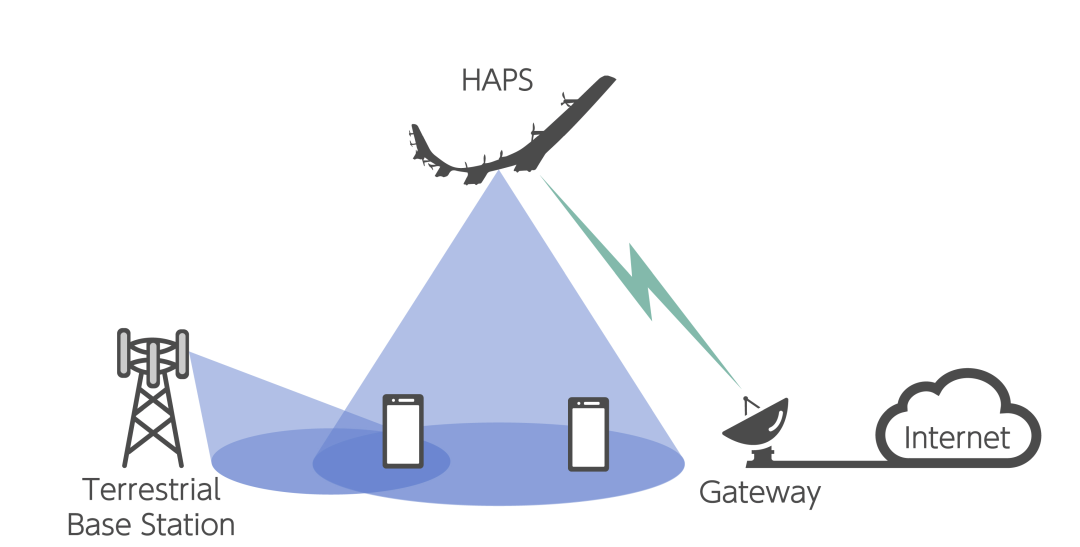Internet connectivity projects unite as Alphabet spinout Loon grabs $125M from SoftBank’s HAPSMobile
Two futuristic projects are coming together to help increase global internet access after Loon, the Google spinout that uses a collection of floating balloons to bring connectivity to remote areas, announced it has raised money from a SoftBank initiative.
HAPSMobile, a SoftBank project that is also focused on increasing global connectivity, is investing $125 million into Loon, according to an announcement from SoftBank made this morning. The agreement includes an option for Loon to make a reciprocal $125 million investment in HAPSMobile and it includes co-operation plans, details of which are below.
HAPSMobile is a one-year-old joint venture between SoftBank and U.S. company AeroVironment. The company has developed a solar-powered drone that’s designed to deliver 5G connectivity in the same way Facebook has tried in the past. The social network canceled its Aquila drone last year, although it is reported to have teamed up with Airbus for new trials in Australia.
Where Facebook has stumbled, HAPSMobile has made promising progress. The company said that its HAWK 30 drone — pictured below in an impression — has completed its initial development and the first trials are reportedly set to begin this year.

Loon, meanwhile, was one of the first projects to go after the idea of air-based connectivity with a launch in 2013. The business was spun out of X, the ‘moonshot’ division of Alphabet, last year and, though it is still a work in progress, it has certainly developed from an initial crazy idea conceived within Google.
Loon played a role in connecting those affected by flooding in Peru in 2017 and it assisted those devastated by Hurricane Maria in Puerto Rico last year. Loon claims its balloons have flown more than 30 million kms and provided internet access for “hundreds of thousands” of people across the world.
In addition to the capital investment, the two companies have announced a set of initiatives that will help them leverage their collective work and technology.
For starters, they say they will make their crafts/balloons open to use for the other — so HAPSMobile can tap Loon balloons for connectivity and vice-versa — while, connected to that, they will jointly develop a communication payload across both services. They also plan to develop a common ground station that could work with each side’s tech and develop shared connectivity that their airborne hardware can tap.
Loon has already developed fleet management technology because of the nature of its service, which is delivered by a collection of balloons, and that will be optimized for HAPSMobile.

The premise of HAPSMobile is very much like Loon
Outside of tech, the duo said they will create an alliance “to promote the use of high altitude communications solution with regulators and officials worldwide.”
The investment is another signal that shows SoftBank’s appetite in tech investing is not limited to up-and-coming startups via its Vision Fund, more established ventures are indeed also in play. Just yesterday, the Vision Fund announced plans to invest $1 billion in German payment firm Wirecard and its past investments include ARM and Nvidia, although SoftBank has sold its stake in the latter.
from Startups – TechCrunch https://tcrn.ch/2IFPT2k
Comments
Post a Comment